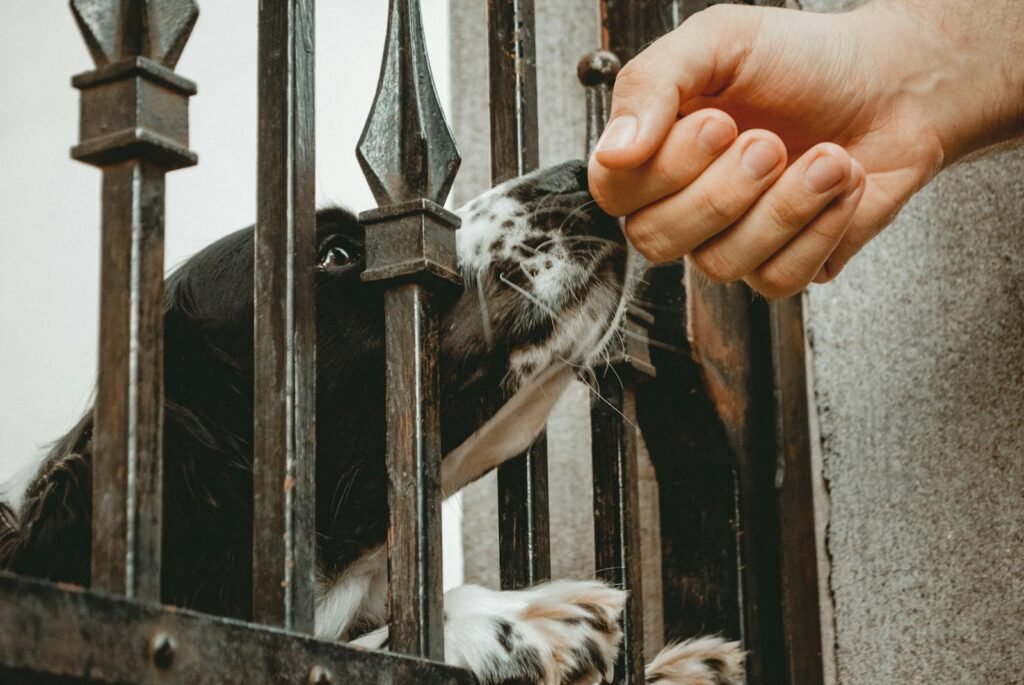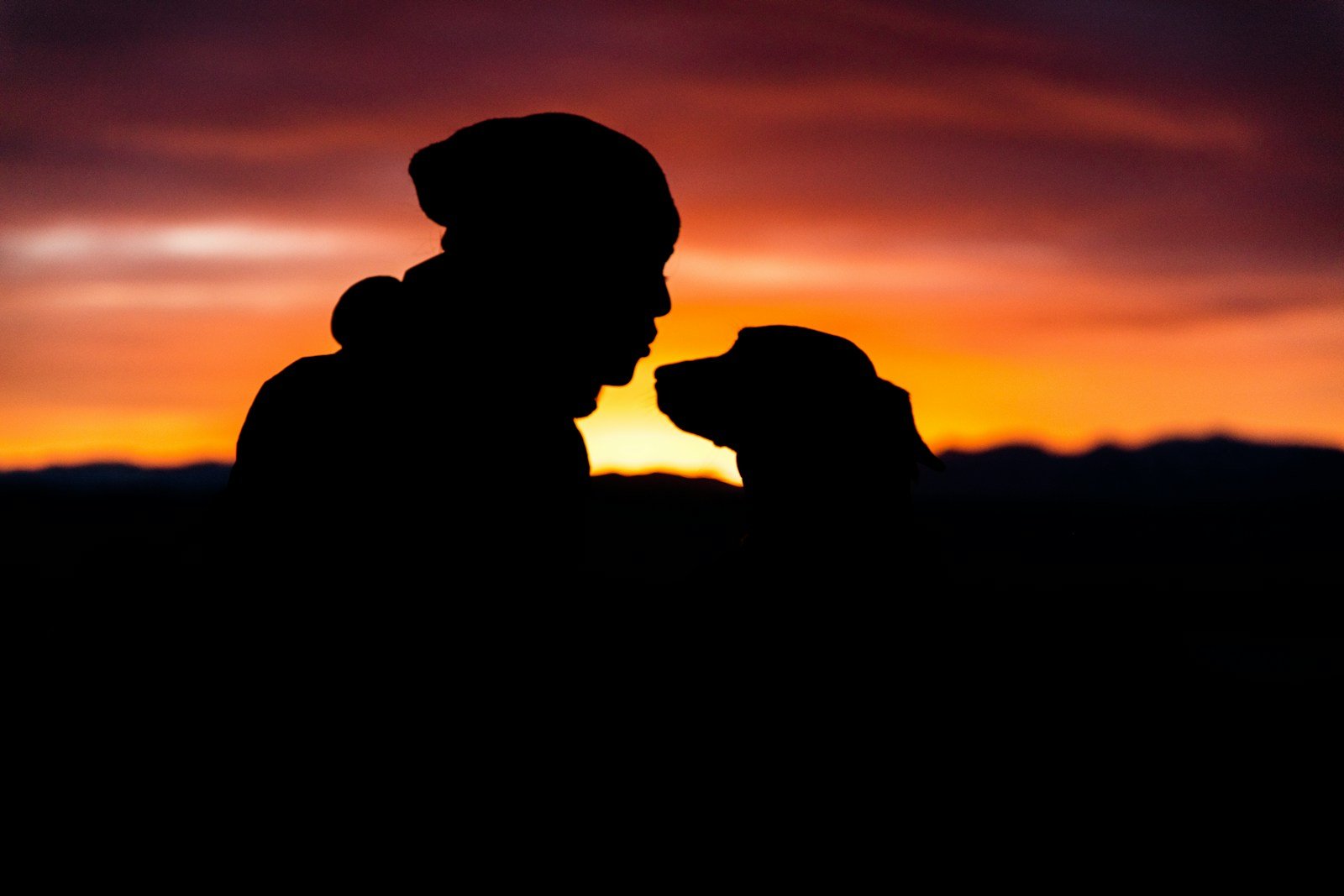For centuries, people have been amazed by the deep connection between dogs and humans. But perhaps the most mysterious part of this bond is the idea that dogs might sense when someone is nearing death. From dogs refusing to leave their owner’s side to therapy dogs gathering near patients in their final hours, the stories are moving—but is there science behind them?
How a Dog’s Nose Might Hold the Clue

Dogs have an incredibly powerful sense of smell—about 10,000 times better than ours. With around 220 million scent receptors (we only have 5 million), dogs are like living, breathing scent detectors. They sniff in short bursts hundreds of times per minute, constantly scanning for even the tiniest chemical changes in their environment.
Sensing the Scent of Change
When someone is sick or dying, the body gives off different smells—called volatile organic compounds (VOCs). These can come from breath, blood, urine, or skin, and trained dogs can detect them even in tiny amounts. For instance, illnesses like cancer and stress change how we smell, and dogs can pick up on this—sometimes even months in advance. It’s possible that dying also gives off a unique scent that dogs can sense.
Oscar the Cat and Dogs with a Similar Sixth Sense

A famous case involves Oscar, a cat in a nursing home, who accurately stayed with patients right before they passed away—25 times. While he’s a cat, dogs show similar behavior. They might become extra clingy, distressed, or refuse to leave a person’s side. These aren’t random actions—many believe they’re reacting to specific smells or shifts in their loved one’s condition.
Healthcare workers and families often say dogs “just know” when something’s wrong—sometimes before doctors do. While not hard proof, the pattern of these observations is tough to ignore.
Dogs Trained to Detect Illness

In recent years, dogs have been trained to detect diseases like cancer, diabetes, and seizures. Some can even sense seizures 40 minutes before they happen. They can pick up on changes in body chemistry, pupil size, or breath. If dogs can be trained to detect these conditions, it’s possible they can also notice changes linked to dying.
Can Dogs Understand Death Emotionally?
Dogs are emotionally tuned in to us. Studies show they grieve the loss of animal companions. They also pick up on our sadness, anxiety, and changes in routine. When someone is seriously ill, the entire household dynamic often shifts—and dogs feel that too. Their pack instincts may drive them to protect or comfort vulnerable members, which could look like “predicting” death, but may simply be empathy and sensory awareness in action.
What Are Necromones—And Do Dogs Detect Them?

Some scientists have begun studying “necromones”—chemicals that may be released by dying or dead organisms. Insects clearly react to them, and it’s possible dogs do too. While the research is limited in humans, the theory adds another layer to how dogs might sense death approaching.
What Science Says—and What It Doesn’t

Science hasn’t proven dogs can predict death. What’s more likely is they sense illness or emotional distress through scent or behavioral changes. In one study, about 30% of dog experts believed dogs know when death is near others weren’t sure. Many researchers agree dogs respond to what’s happening now, not the future. The challenge is separating real detection from how we interpret their behavior.
Controlled studies on this topic are hard to do, so much of what we know comes from personal stories and related research. Still, the consistency of these stories suggests something deeper is at play.
So, Can Dogs Really Tell When Someone Is Dying?

Not in a mystical way—but in a biological and emotional sense, maybe yes. Their super-sensitive noses, ability to detect changes in body chemistry, and strong emotional bond with us likely explain their behavior around the dying. Whether it’s the smell of illness or changes in the family atmosphere, dogs are incredibly attuned to the signs that something serious is happening.
Their loyalty and presence in our most vulnerable moments aren’t magical—but they are deeply meaningful. In sensing our pain, staying close, and offering silent comfort, dogs remind us why they’ve earned their place as man’s best friend.

Gargi from India has a Masters in History, and a Bachelor of Education. An animal lover, she is keen on crafting stories and creating content while pursuing a career in education.






